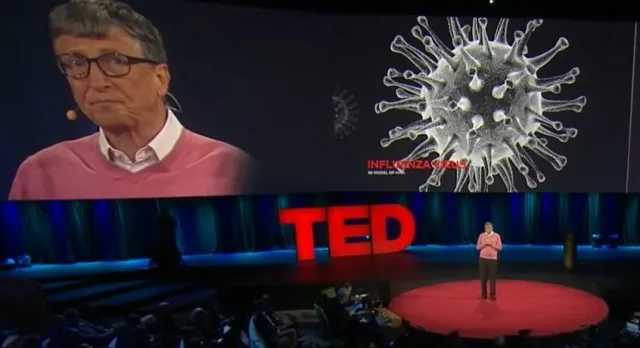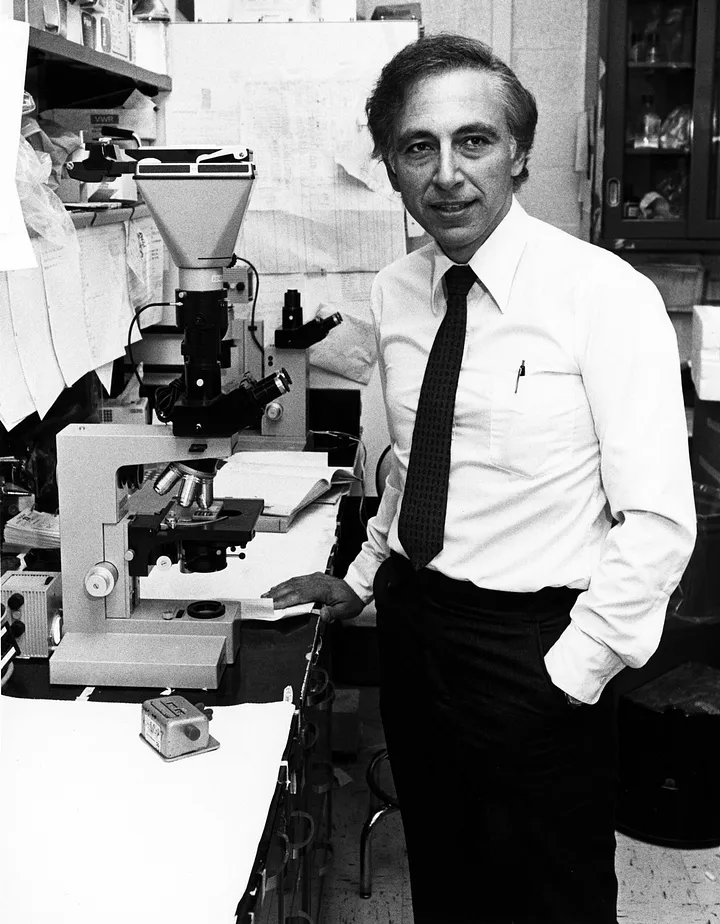Pandemics have always been a part of human history, with outbreaks such as the bubonic plague and smallpox causing widespread death and societal disruption. However, in the modern era, advances in technology and medicine have allowed us to respond more effectively to these outbreaks. The TED Talk in 2015 provided a platform for experts to discuss the impact of pandemics on a global scale, and to share their insights on how we can better prepare for the next outbreak.
One of the speakers at TED Talk 2015 was a virologist who has spent many years studying the Ebola virus. He spoke about how the Ebola outbreak in West Africa in 2014 was a wake-up call for the world, highlighting the need for better international collaboration and preparedness in the face of pandemics. The speaker argued that the Ebola outbreak was not just a health crisis, but also a humanitarian, social, and economic crisis, with far-reaching consequences for affected countries and the global community as a whole.
Another speaker was a public health expert who discussed the importance of preparedness in responding to pandemics. She stressed that countries need to have robust systems in place to detect and respond to outbreaks, as well as to contain their spread. The expert also talked about the need for international cooperation and coordination in responding to pandemics, including the sharing of data and resources, as well as the development of effective vaccines and treatments.
In addition to discussing the impact of pandemics, the speakers at TED Talk 2015 also explored some of the challenges and opportunities presented by emerging technologies in responding to outbreaks. For example, one of the speakers discussed how digital tools such as telemedicine, mobile health apps, and online platforms can be used to improve the speed and accuracy of disease detection, as well as to provide information and support to affected communities. Another speaker talked about the potential of big data and artificial intelligence in tracking the spread of outbreaks and predicting their impact, as well as in developing more effective responses.
Finally, the speakers at TED Talk 2015 also discussed the role of individuals and communities in responding to pandemics. They emphasized the importance of education, awareness, and community engagement in preventing and controlling outbreaks, as well as in reducing the impact of pandemics on affected populations. The speakers also encouraged people to take an active role in protecting their own health and that of their communities, by adopting healthy habits, seeking medical care when necessary, and following public health guidelines.
In conclusion, the TED Talk 2015 provided a powerful platform for experts to discuss the global impact of pandemics and to share their insights on how we can better prepare for the next outbreak. The speakers emphasized the need for international collaboration and preparedness, the role of emerging technologies in responding to outbreaks, and the importance of individual and community engagement in preventing and controlling pandemics. As we continue to face the threat of pandemics in the future, the insights shared at TED Talk 2015 will remain relevant and valuable in guiding our efforts to build a safer, more resilient world.












